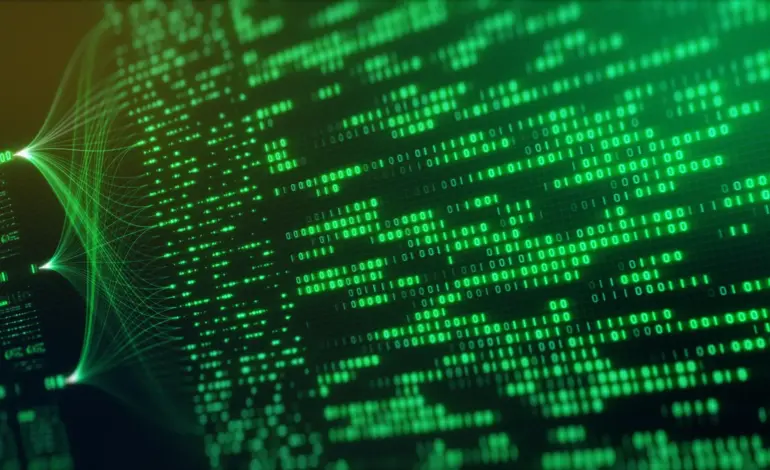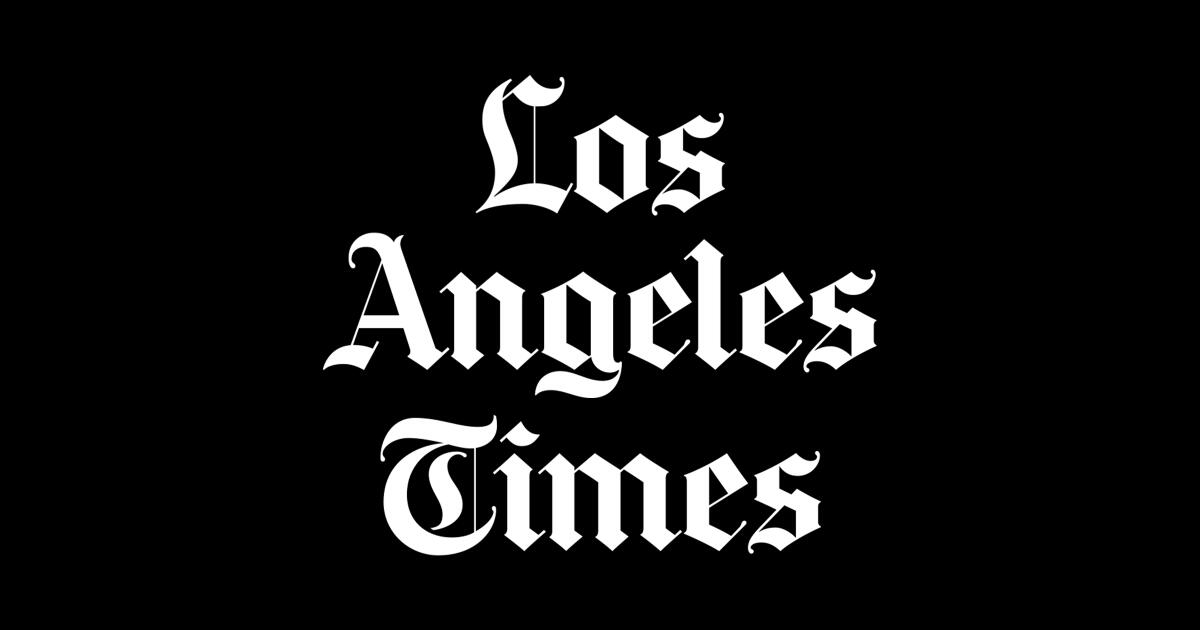Physicists Conclude Universe Cannot Be a Simulation

New research from the University of British Columbia Okanagan has definitively demonstrated that the universe cannot be a simulation. Utilizing Gödel’s incompleteness theorem, physicists have shown that the foundations of reality operate in ways that cannot be replicated by any algorithmic computation. This breakthrough challenges the long-debated simulation hypothesis and provides fresh insights into the nature of existence.
The study, led by Dr. Mir Faizal, an Adjunct Professor at UBC Okanagan’s Irving K. Barber Faculty of Science, alongside colleagues Dr. Lawrence M. Krauss, Dr. Arshid Shabir, and Dr. Francesco Marino, was published on November 10, 2025, in the Journal of Holography Applications in Physics. Their findings assert that reality encompasses an understanding beyond any computational framework.
Challenging the Simulation Hypothesis
The idea that our universe might be an intricate simulation has captivated scientists and philosophers alike. Dr. Faizal explains the implications of this notion: “If the universe could be simulated, recursive simulations could lead to doubts about the original universe’s authenticity.” He adds that despite its philosophical allure, the simulation hypothesis can indeed be scientifically examined, and their research provides a mathematical basis for its improbability.
According to the researchers, contemporary physics has evolved significantly since the days of Isaac Newton. The transition from Newton’s mechanics to Albert Einstein‘s theory of relativity and further to quantum mechanics has altered our understanding of reality. Current theories in quantum gravity suggest that even fundamental concepts like space and time stem from a deeper informational layer, referred to as a “Platonic realm.”
The Mathematical Foundations of Reality
This Platonic realm represents a mathematical foundation that is more fundamental than the observable universe. The research highlights that even this informational framework cannot be fully described through computation alone. By applying advanced mathematical principles, the team has shown that a complete and consistent description of reality requires a non-algorithmic understanding.
Dr. Faizal elaborates, stating, “Computers operate based on defined instructions, yet certain truths transcend logical sequences.” These “Gödelian truths” resonate with the idea that some statements cannot be proven within any logical system. For example, consider the assertion, “This true statement is not provable.” If proven, it contradicts itself, but if unprovable, it remains true, illustrating the limitations of computational theories.
The implications of this research extend beyond abstract mathematics. Dr. Krauss emphasizes that “the fundamental laws of physics cannot be contained within space and time, as they generate them.” The findings suggest that a truly comprehensive theory of everything cannot be derived solely from computational laws, as it requires a deeper understanding that transcends algorithmic processes.
Dr. Faizal concludes, “Any simulation is inherently algorithmic and bound by programmed rules. Since the foundation of reality is based on non-algorithmic understanding, the universe cannot be, and will never be, a simulation.”
This groundbreaking research not only addresses a perennial question within scientific discourse but also redefines the boundaries of what we understand about reality. In a landscape where the simulation hypothesis once seemed untestable, this study provides a tangible mathematical framework, offering a robust conclusion to one of science’s most compelling debates.






